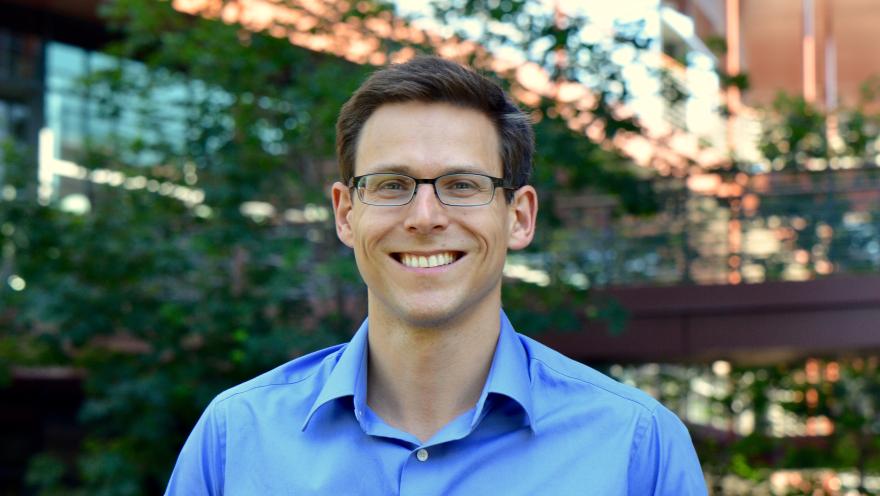The Association is pleased to continue on the tradition of supporting bright, young scientists in ALS research through the Milton Safenowitz Postdoctoral Fellowship Program. This year, we are supporting six new postdoctoral fellows out of a highly competitive applicant pool. In this series, we highlight the dedication and unique contribution each fellow makes to ALS research. Today, we feature Dr. Sergey Stavisky from Stanford University.
The Milton Safenowitz Postdoctoral Research Program, falls under our TREAT ALSTM Global Research Program and was founded by the Safenowitz family through the Greater New York Chapter of The Association. Mr. Safenowitz died of ALS in 1998 and the family and chapter continues its support to this day. Each award is for $100,000 over a two year period.
These awards are designed to encourage and facilitate promising young scientists to enter the ALS field and most importantly, to remain. Lending to the success of our program, over 90 percent of our postdoctoral fellows go on to start their own ALS research laboratories and then mentor their own young scientists.
Here we highlight each of our postdoctoral fellows awarded in 2016 in a series to learn more about their exciting studies and get to know the person behind the bench. Our first featured fellow is Dr. Sergey Stavisky, who is developing and optimizing an assistive technology method, called brain computer interface, to control a prosthetic arm to be used for people living with ALS.
Sergey Stavisky, Ph.D.
Mentor: Jaimie Henderson, M.D., Stanford University, Stanford, Calif.
Project: Clinically-useful brain-machine interface control of a robotic prosthetic arm by people with ALS
What is the impact of your research?
We’re striving to make brain-machine interfaces that enable people control prosthetics (or even their own arms) intuitively and accurately just by thinking about moving. This would allow patients to perform activities of daily living and be more independent.
Why do you love working in ALS research?
I love how direct the impact is. Almost all science, when done well, will improve the world - but these benefits could come many years from now. Doing neural prosthetics research, I can invent an improvement today and see its result with our clinical trial participants tomorrow.
Tell me something unique about yourself.
I decided I wanted to do exactly what I’m doing now in my first year of college. During graduate school interviews, they make a big deal about how you need to be open to different labs and scientific directions if you want to be admitted. I guess I was less than truthful, but it worked out fine.
Who are your heroes?
I’ve always had trouble with this question. The “hero” ideal never resonated with me, because we have such a curated and incomplete view of Great People. Closer to home, I’ve found my graduate advisor, Krishna Shenoy, to be an inspiration on many different levels.
Sergey’s project was generously supported by The ALS Association Greater Philadelphia Chapter. Read more about his project here.
Read more about this year’s postdoctoral class here in our press release.


Join the conversation. Please comment below.